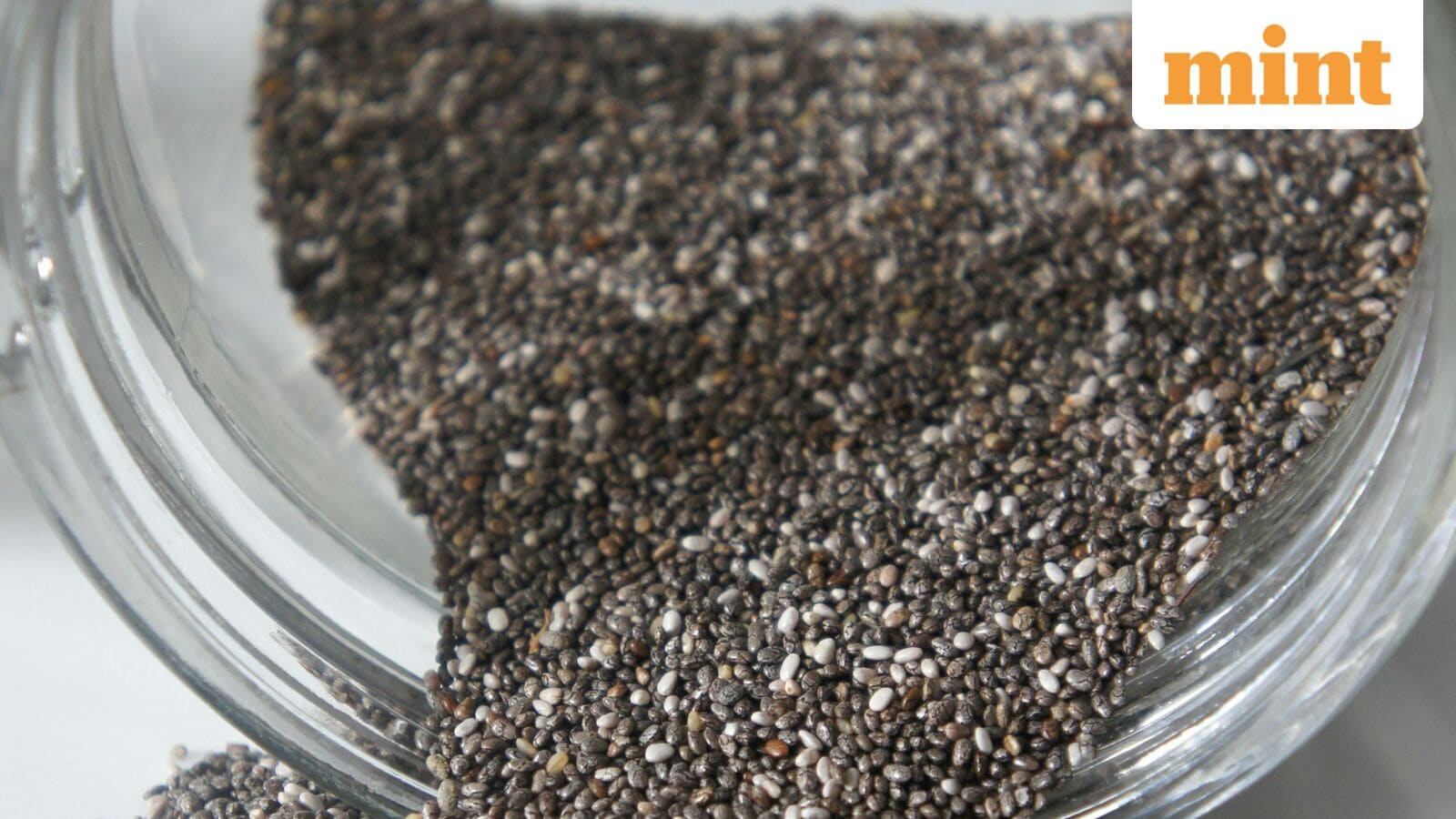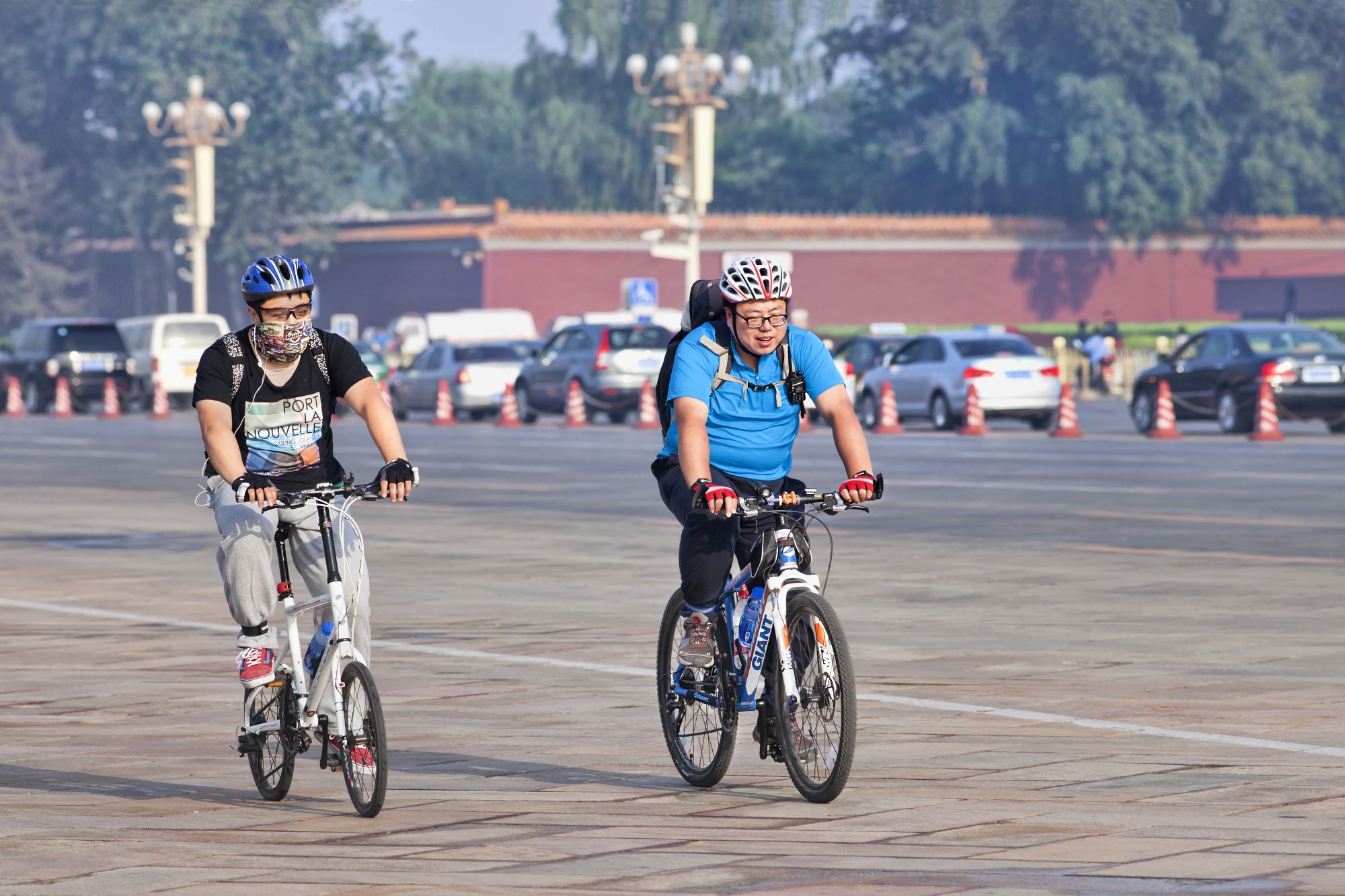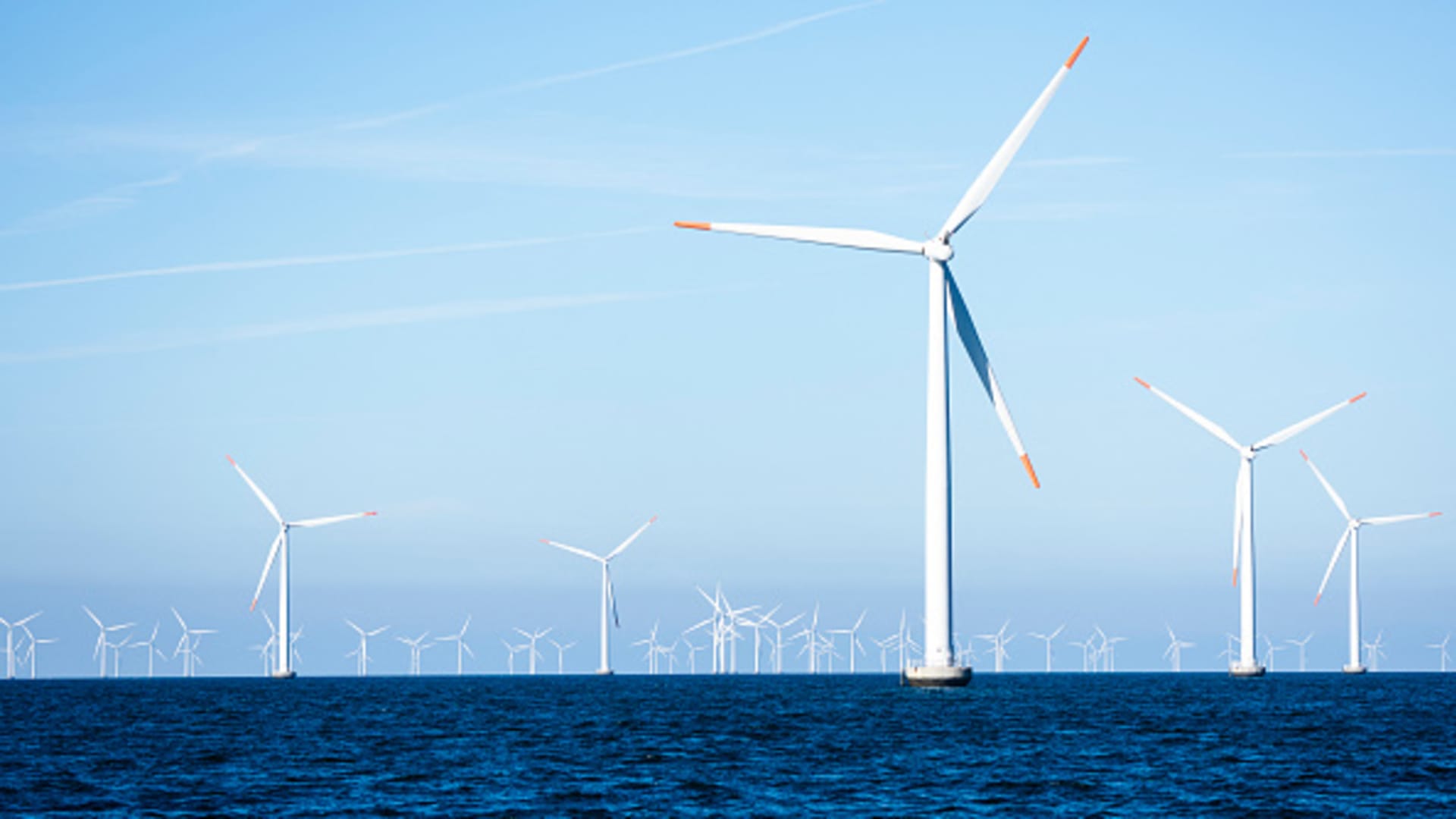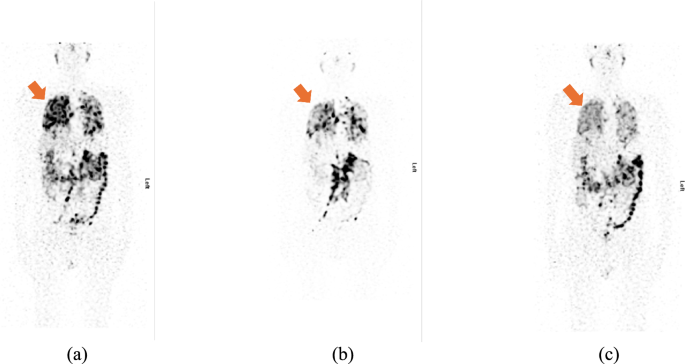HONG KONG – Thirty-one LIV Golf players have signed up for the Link Hong Kong Open, the seventh event of the season on The International Series, with ranking points and major spots on the line.
A legion of LIV golfers will descend on the Link…

HONG KONG – Thirty-one LIV Golf players have signed up for the Link Hong Kong Open, the seventh event of the season on The International Series, with ranking points and major spots on the line.
A legion of LIV golfers will descend on the Link…
Is the ride-hailing app secretly tracking you? Not really, but this iOS feature may make it feel that way.
09 Oct 2025
•
,
3 min. read

When you land…

The 2025 LIV Golf season proved that success isn’t just about distance off the tee or great iron play, it often comes down to making putts. With tournaments decided by inches, the flatstick proved to be the ultimate equalizer. The adage…

Chia seeds have become a staple in health-conscious diets worldwide, and now an AIIMS-trained gastroenterologist has explained why. In a recent video, Dr Saurabh Sethi, who has also trained at Harvard and Stanford Universities, broke down the…

Air pollution could make people more prone to obesity and diabetes, according to a new international study led by scientists at the University of Zurich (UZH) and Case Western Reserve University.
The…

Beyond dedicated secondhand runway shows, Ebay also expanded its designers partnerships this season, sourcing pre-loved and archive one-offs from various brands, which were then styled alongside the new collections. Among the designers taking…

Picture taken on September 4, 2023 shows windmills at the Nysted Offshore Wind Farm constructed by Danish windpower giant Orsted in 2002-2003 in the Baltic Sea near Gedser in Denmark.
Thomas Traasdahl | Afp | Getty Images
Beleaguered wind farm operator Orsted announced Thursday that it intends to cut up to 2,000 jobs toward the end of 2027, in a bid to become more competitive and refocus its efforts on Europe.
The company has faced headwinds this year as President Donald Trump’s administration clamped down on wind power generation in the United States.
Orsted’s shares were 1% higher in early European trade on Thursday.
This is a developing story. Please refresh for updates.

In this study, the calibration factor necessary for quantitative SPECT analysis was derived by dividing the known activity concentration. For the dosimetric calculation, the STP voxel-based dosimetry using the Hanschied approach was employed to calculate the absorbed dose in the kidneys and tumours based on the SPECT images acquired approximately 48 hours after administration.
The mean and SD of kidney absorbed dose were 2.04 Gy ± 0.37 Gy (range 1.71 to 2.67 Gy). The absorbed doses within tumours showed considerable variation across the twenty-five tumours analysed, which were derived from eight treatment cycles. Tumour absorbed doses ranged from a low of 0.98 Gy to a high of 16.05 Gy. The mean absorbed dose to the tumours was 5.14 Gy, the SD was 3.81 Gy, as detailed in the box plot in Figure 3.
Box plot of absorbed dose in Gy to (left) kidneys and (right) tumours
Quantitative voxel-based dosimetry was carried out for five patients (P1–P5) over eight treatment cycles (C1–C8), with imaging acquisition performed between 48 and 52 hours post-therapy. The absorbed radiation doses to the kidneys and selected tumour sites are summarised in Table 2.
Across all patients, the kidney absorbed doses remained within a relatively narrow range, suggesting consistent radiopharmaceutical handling and organ tolerance. For Patient P1, who underwent three treatment cycles (C1–C3), the kidney dose started at 1.99 Gy in C1, rose to 2.66 Gy in C2, and then dropped slightly to 2.23 Gy in C3. This fluctuation may reflect changes in bio-distribution or renal clearance over time.
Patients P2 and P3, each evaluated during one or two cycles (C4–C6), had similar kidney doses, consistently measured at 1.71 Gy, despite variation in tumour load and lesion location. Patient P4 (C7) received 1.88 Gy, while Patient P5 (C8) had the highest kidney dose at 2.46 Gy. Notably, none of the patients exceeded the generally accepted renal threshold, supporting the safety of the administered activity levels in this cohort.
Tumour dosimetry revealed a broader range of absorbed doses, reflecting both inter-patient and intra-patient variation. In Patient P1, lung lesions demonstrated a downward trend across three consecutive cycles, with the left lung receiving 8.54 Gy, 7.67 Gy, and 4.20 Gy in C1, C2, and C3, respectively. Similarly, the right lung showed a decrease from 5.92 Gy to 3.17 Gy. This decline likely indicates therapeutic response, consistent with expectations following multiple cycles of targeted radionuclide therapy (as illustrated in Figure 4).

A 64-year-old male with metastatic castration-resistant prostate cancer (mCRPC). Post 177Lu-PSMA therapy showing a 1st cycle in December 2023, b 2nd cycle in March 2024, and c 3rd cycle in June 2024. Whole-body SPECT/CT at 48 hours post-administration demonstrates good tracer uptake in multiple lungs, left adrenal, and bone metastases, with physiological uptake in salivary glands, liver, spleen, and bowel. Markings indicate a decrease in lung lesions across treatment cycles
Patient P2 showed tumour doses between 1.93 and 5.53 Gy in spinal and rib lesions. Though the absorbed doses remained moderate, a slight decrease was observed in the second cycle (C5), particularly in the rib and sternum, which may suggest early response to treatment or subtle changes in radiotracer uptake.
In Patient P3 (C6), tumour absorbed doses were lower and more uniform, ranging from 1.55 to 2.69 Gy, covering thoracic and lumbar vertebrae. In contrast, Patient P4 (C7) demonstrated a much higher dose to the lumbar spine, reaching 16.05 Gy, the highest tumour dose recorded in this study. Additional lesions in the lung and pelvis received 4.18 Gy and 3.76 Gy, respectively.
Patient P5 (C8) also presented with high skeletal uptake. The lumbar spine lesion received 13.00 Gy, while T-spine and pelvic lesions ranged from 6.03 to 10.03 Gy. These findings reflect intense PSMA expression in metastatic bone lesions and underline the heterogeneity of tumour dose distribution in advanced disease.
A study published in the Journal of Physiology looks at the health of the offspring of rats exposed to…